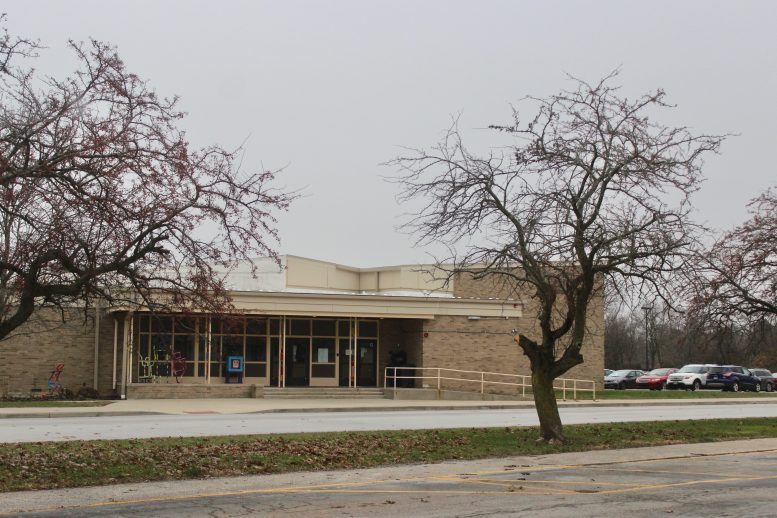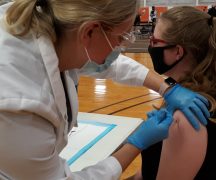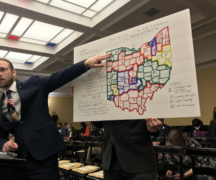By Susan Tebben
Ohio Capital Journal
Three Ohio legislators say more needs to be done to address assessment of the state educational system, including an overhaul of school and district report cards.
State Rep. Lisa Sobecki, D-Toledo, state Sen. Teresa Fedor, D-Toledo, and state Rep. Phil Robinson, D-Solon, all spoke out against the speed and result of a task force that was looking at the state education system, as well as an expansion of a program to provide private school vouchers to students in low-income areas.
Sobecki and Fedor are both on the State Report Card Study Committee. They say they provided rebuttal to the final report of the committee, but that their recommendations were not included in the final report, despite also being recommendations of others within the committee.
The report, which was submitted on Monday — a day later than the deadline the committee was given — provided conclusions and recommendations from legislators and superintendents appointed by the Buckeye Association of School Administrators. The superintendents were from the Strongsville, Fort Frye Local and Middletown City school districts.
As a former fourth-grade teacher, Fedor said the state report card system as it is now is more of a punishment than a means to improvement.
“It’s a diagnostic tool, and it hasn’t been used as a diagnostic tool,” Fedor said. “It’s been used as a blunt instrument to punish schools, and I believe it’s been artificially manipulated for two decades to do exactly what it’s doing today.”
The primary recommendation that Sobecki, Fedor and many on the committee endorsed was the elimination of the A to F grading system within the report cards. An alternate system that was offered in the report was a grading rubric using “not met,” “met,” or “exceeds” standards.
Another recommendation that legislators say didn’t get into the final report was a new measurement for schools that compares them to similar schools.
“This would help alleviate the inherent bias of the achievement ratings’ use of standardized tests against schools and districts that serve more students experiencing poverty,” the recommendations letter stated.
Both Sobecki and Fedor said they wanted to hear from parents about the system, and felt the process was rushed, making them unable to “complete the mission,” as Sobecki put it.
“Really leadership should start in Columbus, and I felt that it was very important that we follow through with what we’ve been charged with,” said Sobecki, a former member of the Toledo Board of Education.
While agreeing with the two other legislators in a release on Tuesday, Robinson also called into question an expansion to the Educational Choice Scholarship Program, also called EdChoice, which provides vouchers to students in low-income areas allowing them to move to the private school system.
“The expansion of this program presents a real strain on local school systems that are already stressed and takes taxpayer money out of public schools,” Robinson said in a release.
The legislators plan to bring the discussion forward in the new year, and continue to push for more reforms as the education conversation continues.





